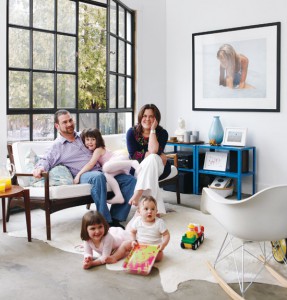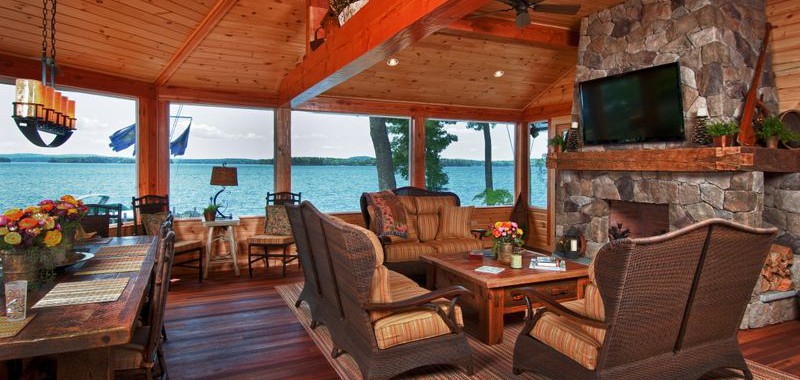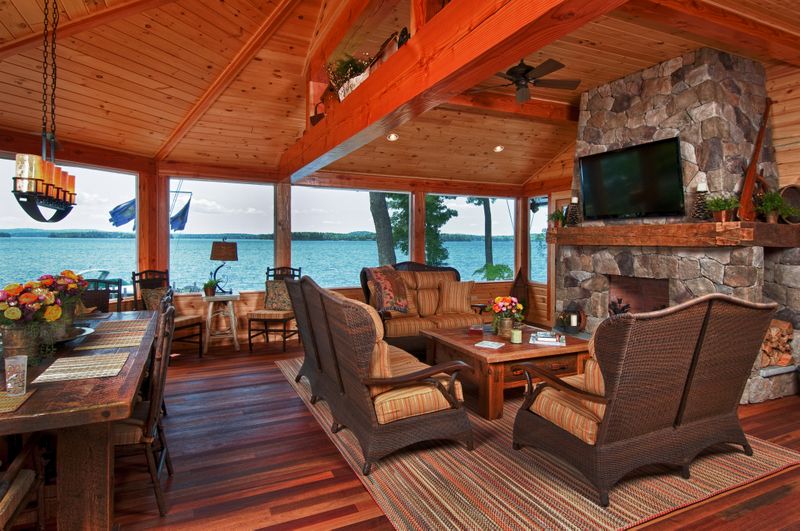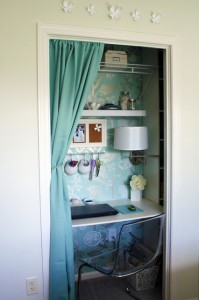 “You hire them to help you sell or buy a home, right?”
“You hire them to help you sell or buy a home, right?”
While defining the role of a real estate agent may seem somewhat cut and dry, the truth of the matter is that many people lack a true understanding of what agents actually do during the buying or selling process.
In short, yes, a real estate agent is someone who helps you either sell or purchase a property (which may or may not include an actual structure). However, their actual job involves everything from property valuation and the use of successful marketing techniques to negotiation and home organization.
With this, a truly great agent is someone who not only knows the immediate area, but who keeps up with local and regional market activity, as well as industry news. In addition, they continually research active, pending, and sold listings in an effort to understand pricing trends so that their clients are better equipped to remain competitive within the market.
Furthermore, while it’s one thing to simply list a home and hope it sells, successful agents are able to assist with everything from staging advice to making recommendations for professional cleaners, painters, and contractors. Generally speaking, most house hunters are looking for certain things when they tour available properties, so real estate agents come armed with an understanding of buyer behavior and the types of home attributes that will garner positive attention.
Therefore, even if you’re not looking to buy or sell at the current moment, real estate agents are a fantastic resource when looking to understand current housing trends, what your home is worth, or what you can do to prepare for the market.
With that being said, if you have questions, don’t be afraid to make contact with an agent who can share a bit of their knowledge with you. Yes, they assist with the buying or selling process, but more than anything, real estate agents comprise a wide network of individuals who have an abundance of professional connections to assist you with anything you may need.
To learn more about what an agent can do for you, please contact me. I’d love to help you along the way.
Marie Dinsmore | The Dinsmore Team | www.DinsmoreTeam.com | 770-712-7789








 When most people hear the words “home improvement” or “remodel,” they envision expensive updates and upgrades; however, when it comes to improving the look of your home, it’s important to remember that adding a bit of functionality or beauty doesn’t have to break the bank.
When most people hear the words “home improvement” or “remodel,” they envision expensive updates and upgrades; however, when it comes to improving the look of your home, it’s important to remember that adding a bit of functionality or beauty doesn’t have to break the bank. DOORWAY DISPLAYS – If you’re looking to create something truly unique, install a shelf above the doorway and paint it to match the trim. By using the space to display beautiful pieces of décor like pottery or framed antique photos, you’ll add another dimension to your room.
DOORWAY DISPLAYS – If you’re looking to create something truly unique, install a shelf above the doorway and paint it to match the trim. By using the space to display beautiful pieces of décor like pottery or framed antique photos, you’ll add another dimension to your room.


